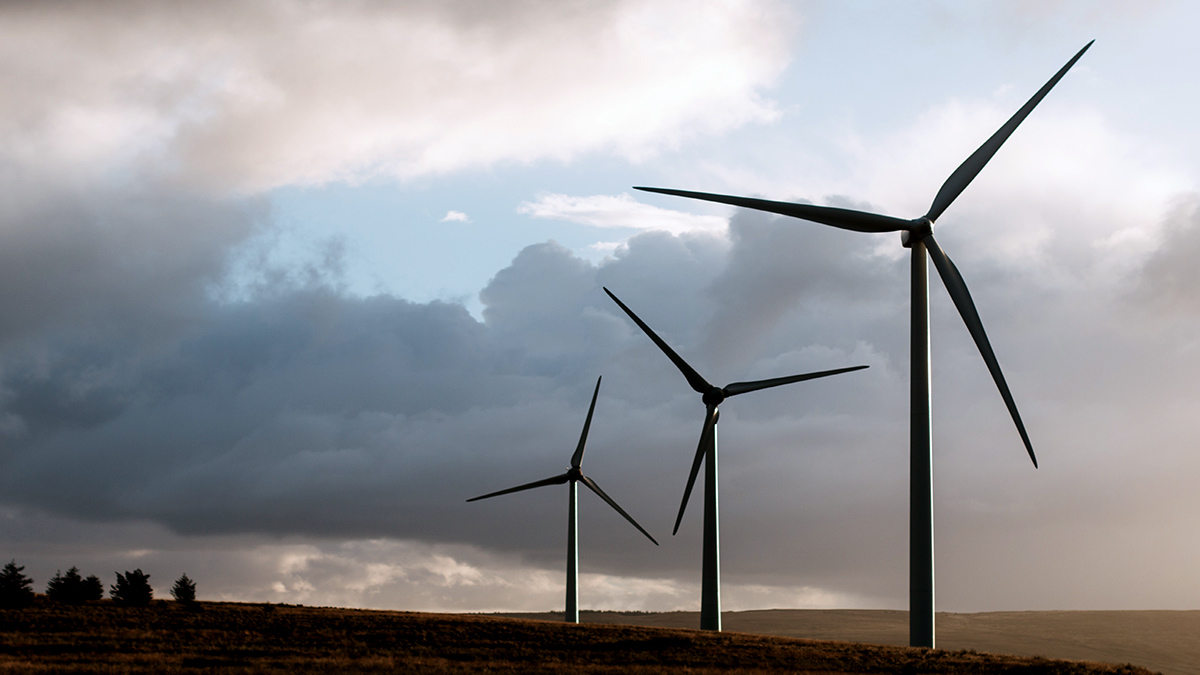In a bid to address the pressing global challenge of rising temperatures and its disproportionate impact on vulnerable communities, COP28 President Designate Dr Sultan Al Jaber has called on countries worldwide to join the Global Cooling Pledge. Speaking alongside the G20 Energy Transitions Ministerial Meeting during the 14th Clean Energy Ministerial, Dr Al Jaber emphasized the significance of uniting for sustainable cooling solutions ahead of the 28th Conference of the Parties (COP28).
The Global Cooling Pledge, a collaborative effort between the United Nations Environment Program (UNEP) and the COP28 Presidency, was introduced earlier in the year to expand cooling access to safeguard communities most at risk, particularly in the global south, Small Island States, and Least Developed Countries. With support from the International Renewable Energy Agency (IRENA) and the Sustainable Energy for All (SEforAll), the initiative aims to maintain food freshness, protect vaccines, and alleviate the impacts of extreme heat on vulnerable populations.
Dr Al Jaber expressed gratitude to Denmark’s Minister, Dan Jergensen, and India’s Minister of Science and Technology, Dr Jitendra Singh, for their commitment to being “Cool Champions” and urged other countries to follow suit and participate in the pledge.
The Global Cooling Pledge revolves around five crucial areas of action, namely nature-based solutions, promoting super-efficient appliances, enhancing food and vaccine cold chains, implementing district cooling systems, and developing National Cooling Action Plans. By incentivizing governments and stakeholders to take sustainable cooling measures, the initiative seeks to mitigate emissions from the cooling sector and accelerate the transition to energy-efficient and climate-friendly cooling practices.
Dr Al Jaber stressed the importance of acting swiftly and decisively, noting that without immediate policy action, emissions from the cooling sector are projected to rise by a significant 7 to 10 percent. He emphasized that addressing the cooling dilemma does not have to undermine the ongoing global energy transition; instead, it can be an opportunity to provide cooling access to those in need while remaining environmentally responsible.
Drawing attention to the plight of the most vulnerable nations, Dr Al Jaber underscored that cooling is a matter of climate justice. “Food and medicine all depend on cooling. It is a topic of critical importance across climate mitigation and adaptation,” he stated, acknowledging the disproportionate impact of heat stress on lower-income communities and families.
“In a warming world, sustainable cooling is critical for reducing GHG emissions, protecting against heat stress, enabling productivity, reducing food loss, and enhancing access to healthcare,” he asserted.
As COP28 approaches, the call for countries to endorse the Global Cooling Pledge has gained momentum, with more than 20 early supporters, including India and Denmark. However, Dr Al Jaber emphasized that much more needs to be done to collectively address the cooling challenge effectively.
In his concluding remarks, he urged all countries to come together and join the Global Cooling Pledge in the lead-up to COP28, emphasizing that this collective response can pave the way for improved energy efficiency and increased access to sustainable cooling solutions.










